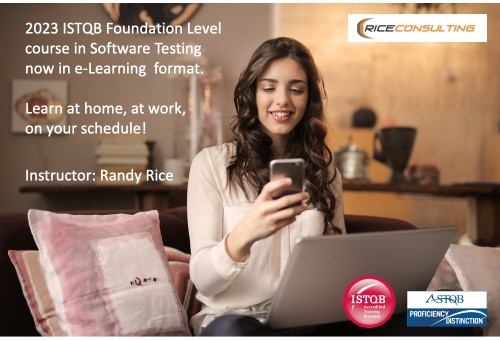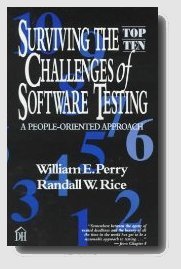You want to make the best of your training investment, so here are some things I have found helpful in  planning a successful training event.
planning a successful training event.
- Define your objectives. These need to be realistic and in writing.
- Pick a date that works with the most people. For more information on booking a training date, see Tips on Booking a Training Date.
- Don't try to cram too much information into one day. People have a built-in information tolerance level. Once you exceed that level, you've lost them!
- Arrange for people to have freedom from daily workloads. People should be able to attend all training sessions without being called out to solve problems. In addition, if people have to work overtime to compensate for time missed due to training, this takes away from the effectiveness of training.
- Don't try to pace the course too quickly. Allow enough time for questions and exercises.
- Pay attention to physical needs. This applies to noise levels, room temperature, lighting, breaks, the number of people in the room, etc. Personal comfort is a major factor in effective training!
- Use a qualified instructor. You can have the greatest topic and best outline in the world, but if the instructor is nervous or boring you might as well be reading a book.
- Make sure the materials are current and have enough detail to support the course after the training. Also, make sure the materials are clear (you can read the illustrations) and allow enough room to take notes.
- Communicate your objectives to the instructor. The instructor goes from place to place and might even not remember where he or she was last week. Make sure you have in writing what you want to emphasize or de-emphasize in the training session.
- Have a way to contact the instructor with follow-up questions. A good instructor will be happy to answer questions after the course.













